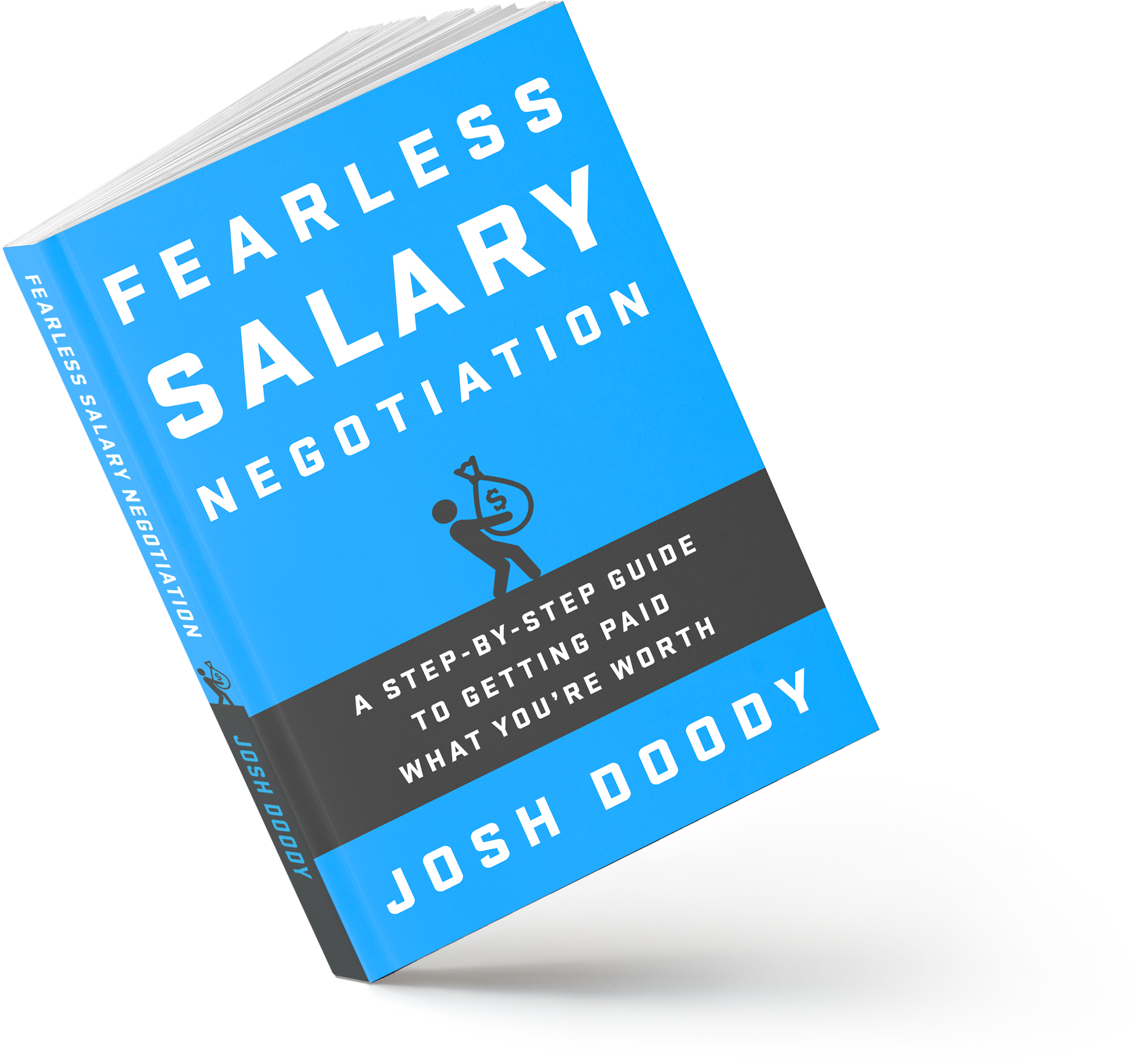
Leave your job on good terms
Rage-quitting won't do you any good in the long run
When you leave your job on good terms, you leave the door open for future opportunities in your industry. Here's how to leave your job on good terms.

When you leave your job on good terms, you leave the door open for future opportunities in your industry. Here's how to leave your job on good terms.
Leaving a job isn’t nearly as exciting as getting or starting one, but it’s just as important. After your first job, every job you start will be preceded by one you left. And, more importantly, you’ll get many of your jobs through contacts from previous jobs.
Sometimes, you’ll leave a job because you found a much better opportunity, and you’re really excited about starting a new chapter in your career. Sometimes, you’ll leave because you were laid off, or fired, or because it just wasn’t a good fit for you. Regardless of why you’re leaving, the most important thing is that you do it gracefully. Why? Because people know people, and they talk to people, and they will talk about you. And when they talk about you, you want to be absolutely sure that they only have great things to say.
So how do you make sure that people only have great things to say about you after you leave a job? Here are some general principles that you should review every time you leave a job. Do these things and people will think very highly of you after you’ve left.
My second job was a good job at a small, private company, and I was surrounded by good people. And then, six weeks later, we were acquired by a mid-sized public company. A couple years later, that company was acquired by a private equity firm, taken private, and the overhaul began. There was a round of layoffs every few months, and it became pretty obvious my team wasn’t safe. Eventually, they let most of my team go and I experienced my first layoff.
I was obviously frustrated, but what was done was done. I asked my boss what I could do to help button everything up before I left. I tied up a lot of loose ends, and generally went out of my way to make sure the project I had been working on for the past six months was well documented and ready for whoever would take it over. I left on excellent terms and didn’t say anything foolish on my way out the door.
Fortunately, I had a little money saved up, and my company gave me a decent severance package. I spent the next few months sort of looking for work, and generally enjoying unemployment. I had no idea what I would do next, but at least I had some time to think about it.
About three months later, I got a call from a manager at the company that had recently laid me off. I had never met him before, but he had heard about me: “Josh, I’m building a Support team in Gainesville. So far it’s just me, but we’re establishing a Gainesville headquarters. I was wondering if you’d be interested in helping me build the team. I’ve heard really good things about you and I think you would be a good fit.”
This was surprising for a few reasons. First, I had never worked with the product this team would be supporting. I had worked at the company, but in a totally different area. Second, I had no meaningful experience in Support. I had worked in a couple call centers right after high school, but those jobs hadn’t been on my résumé in many years. Third, I’d never been a manager or hired anyone. I wouldn’t technically be a manager in the new role, but I would be directly responsible for interviewing and making go/no-go recommendations for hiring people to build out the team.
So, why did he call me? It was a combination of two things: my reputation for taking on new challenges and, more importantly, because I had been very careful to leave on good terms without burning any bridges when I had been laid off.
While at the company the first time, I had worked hard to contribute where I would be most useful. My final role was a “special project”, which I knew was risky, but which the company had made a priority. When I took that role, I moved one step up the company’s org chart, took on more responsibility, and took on a lot more risk. This earned me a reputation as a guy who could be counted on to take on new challenges, even if the payoff was uncertain.
But that wouldn’t have mattered if I had left the company on bad terms. There were a lot of things I could’ve said or done on my way out that would’ve been very cathartic. They had laid me off, after all. And after I had taken on an important special project to boot! But I was careful to leave on good terms, to tie up loose ends, and to make sure my previous project was well documented for my successor. That was at least as important as my prior reputation.
I would eventually get two more jobs because of my reputation with that company. I didn’t pursue either of them—they both found me.

I'm Josh Doody, a professional salary negotiation coach who helps High Earners negotiate their job offers. On average, High Earners improve their first-year compensation by $48,492 with my help.